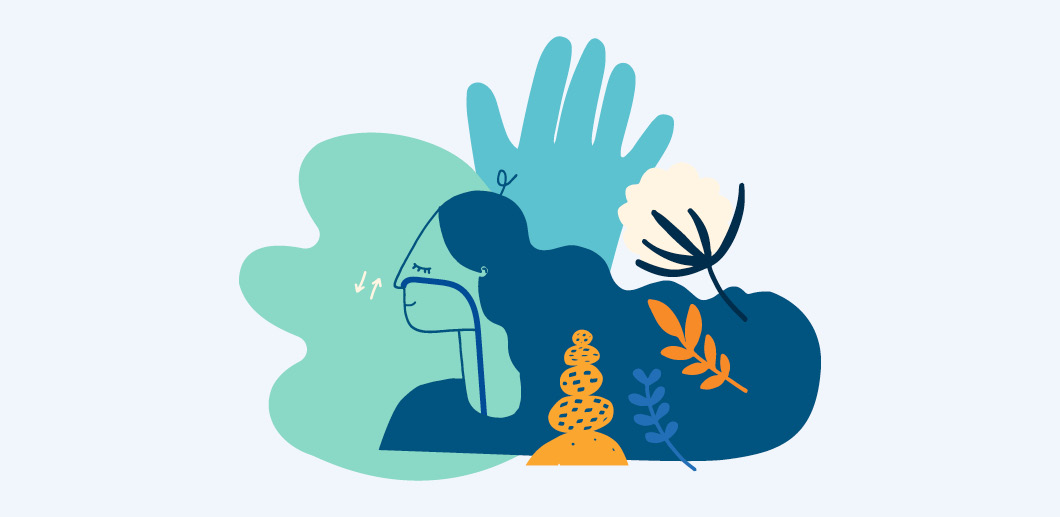Distress and burnout have plagued healthcare professionals (HCP) in recent years. A review of literature revealed consistent reports of stress, anxiety and depressive symptoms in HCPs as a result of COVID-19¹
Support for HCPs has included psychological counseling, resilience training and social support, but for many workers rest and time in nature is a key practice for resilience2. What insight can nature offer in chaotic times for complex problems?
Like a dragonfly in stages of transformation, nature is always evolving. In relationship with the rhythms and cycles of nature, we can connect with the wisdom of nature and derive many physical and mental health benefits from time spent outdoors.
A recent literature review found that 90 per cent of the articles reviewed observed at least one positive association between nature-based recreation and mental health. This included improvements in affect, cognition, restoration and well-being and decreases in anxiety and depression symptoms².
Here are some practices that can help:
1. Forgetfulness and a constant feeling of grief are just under the surface
The buildup of pain and suffering can make it difficult to know where to begin when it comes to taking care of yourself. When I felt foggy or lacking clarity, getting outside and connecting to nature provided focus.
2. Nature is engineered to be resilient
Navigating natural settings encourages a connection to the present moment, and the slower pace brings back the calm and perspective needed. Go into nature and notice your breath; move into the environment without a task or target; notice what is attracting your attention. What can you smell, hear, see and touch?
3. Reclaim your extraordinary life
While walking in nature, I recently had a magical encounter with a young moose. In the stillness of that moment, I felt connected to life all around me.
Circumstances and disappointments in life can cause us to lose sight of the extraordinary life we had once envisioned for ourselves in our youth. Reclaiming that vision by nurturing yourself and surrounding yourself with positive people and experiences can open an exciting new chapter of possibility.
4. Be inspired to create joy
During a wellness retreat in northern Ontario, I created a personal inspiration statement. An inspiration statement is spoken with an emphasis on the positive; what you want to receive or create and how you will be supported in achieving that. When I look at my inspiration statement, it reminds me that I always have choice in life—and like nature, I am always evolving.
5. Be the giver
As a nurse, I know first-hand that we are givers. Even when we need time to recharge, we are the least likely to take the time we need. But it’s not selfish to take care of yourself. For me, attending a nature retreat exposed me to several wellness practices including yoga, dance, stretching, hiking, sauna, sharing circles and creating meaningful moments. But the beauty of finding resilience in nature is that it’s completely free. All we have to do is take the first step.
1. Shreffler J, Petrey J, Huecker M. The impact of COVID-19 on healthcare worker wellness: a scoping review. Western Journal of Emergency Medicine. 2020 Sep;21(5):1059.
2. Lackey NQ, Tysor DA, McNay GD, Joyner L, Baker KH, Hodge C. Mental health benefits of nature-based recreation: a systematic review. Annals of Leisure Research. 2021 May 27;24(3):379-93.
